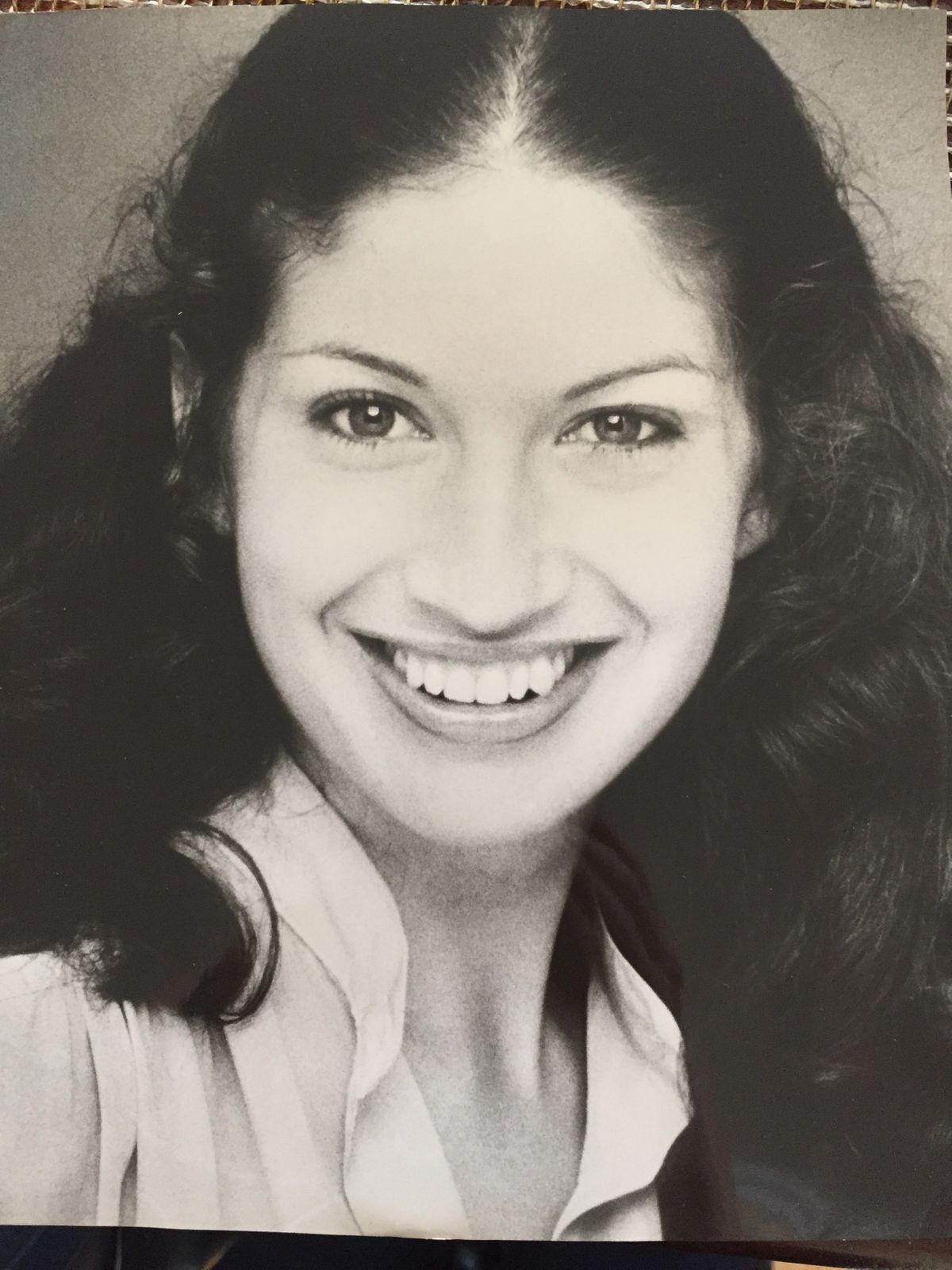There’s a theater term, “flop sweat,” which has always made me feel a visceral disgust. It conjures David Mamet characters, ragged with small-time ambition, smelling faintly of fear and alcohol, struggling to succeed on their last chance. I think the term originated in stand up comedy—describing the public humiliation of being up there well into your set and NO ONE is laughing. By 23, I perceived this to be my own reality—I had flop sweat--not for a particular performance but for the performance of my life.
Law School had turned out to be a non- starter and my dream of being an actor, once so vivid, was nearly crushed. If I could have described that dream with the remotest coherence, it might have sounded something like a modern day equivalent of the Moscow Art Theater–an ensemble, a family, a cohort of brilliant people who had something powerful and significant to share with our generation.
I would have talked about the times performing in college or summer stock when I’d slip through a tear in reality and how, once through, time slowed, space enlarged and I WAS Garcia-Lorca’s Yerma or Shakespeare’s Maria or even Fraulein Schneider in Cabaret. In this state, sharing a protected space with fellow actors on stage, there was spontaneity and trust, aliveness and fluency, surprise and adventure. I could be on fire. In the arms of the playwright, I knew the naked truth of my character and of the others so I wasn’t mystified as I so often was in life. My character could be in danger but I never was. I was free to be full-hearted, full-throated, fearless. It was more powerful and pure than anything I’d ever known. To have a life in the theater would be to live a life of meaning.
But to quote my father, my job now was to “get on with it.” I wasn’t trained to do anything else. A rescue marriage was not in the cards, something I’d never even considered until the day my father stopped me in the doorway to the den and suddenly blurted, “Why don’t you do something useful with your body: get married and have a baby!” The words stabbed, not because of the crude sexism but because the statement said “I’ve given up on you.” Well, I didn’t even have a boyfriend, was too consumed by my uncertain future—and, until now, my parents fully expected the promise I’d shown as a bright, good looking, disciplined child to pay off. And so did I.
Whatever I did, I had to start from scratch. So after much tortured soul searching, in hope and fear, I decided to try pre-med to my parents’ relief and blessings.
By the end of my first semester in NYU’s pre-med program, I began to foresee another Bursar’s office scene, and, in a panic, formulated what by this time was plan C or D, deciding to try again for a prominent acting program while I continued my science courses (though predictably, these ended that summer in a Ladies Room/Bursar’s Office scene).
This meant going back to the Bristol Old Vic as well as to Juilliard and Yale. I started preparing for my auditions. I’d chosen 2 monologues, both of which involved dead parents. In one, my character murders her mother; it’s the confession scene, bloody knife and all. In the other, I was a daughter weeping over her dead father.
These were scenes into which I could often transport myself, psychically and emotionally moving through some porous boundary to inhabit the characters in their respective situations. My vocal and physical technique was relatively weak and I relied on emotional memory to propel me. So when I was “on” I was very good; when I was “off,” I was flat and boring.
I’d hired a private acting coach, a redhead named Ted. As I arrived at his Village townhouse for my first session, I was nearly hit by a flying book, apparently aimed at him by his wife who hurled it from the interior staircase. I’ve wondered why this detail, almost a non sequitor, has stayed with me all of these years. My guess is that even while I was distressed by this couple’s conflict, I was more struck by the fact that they had a house they could wreck, a connection they could destroy; I had no house and no deep connections. I was floating.
As weeks wore on, I grew more panicky as Ted was distracted and my performances were not reliably strong. I pushed back my auditions to the last possible dates in March.
